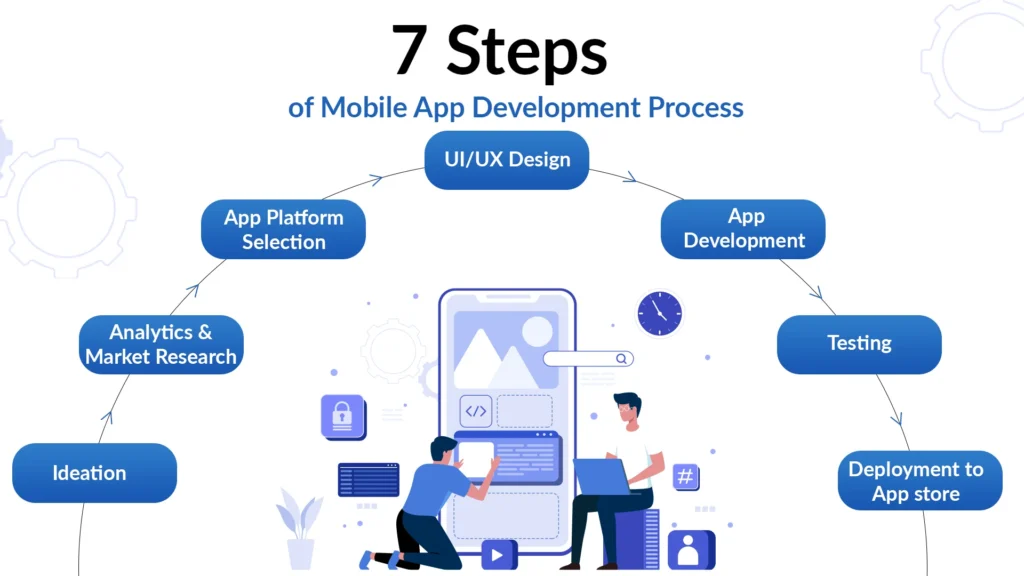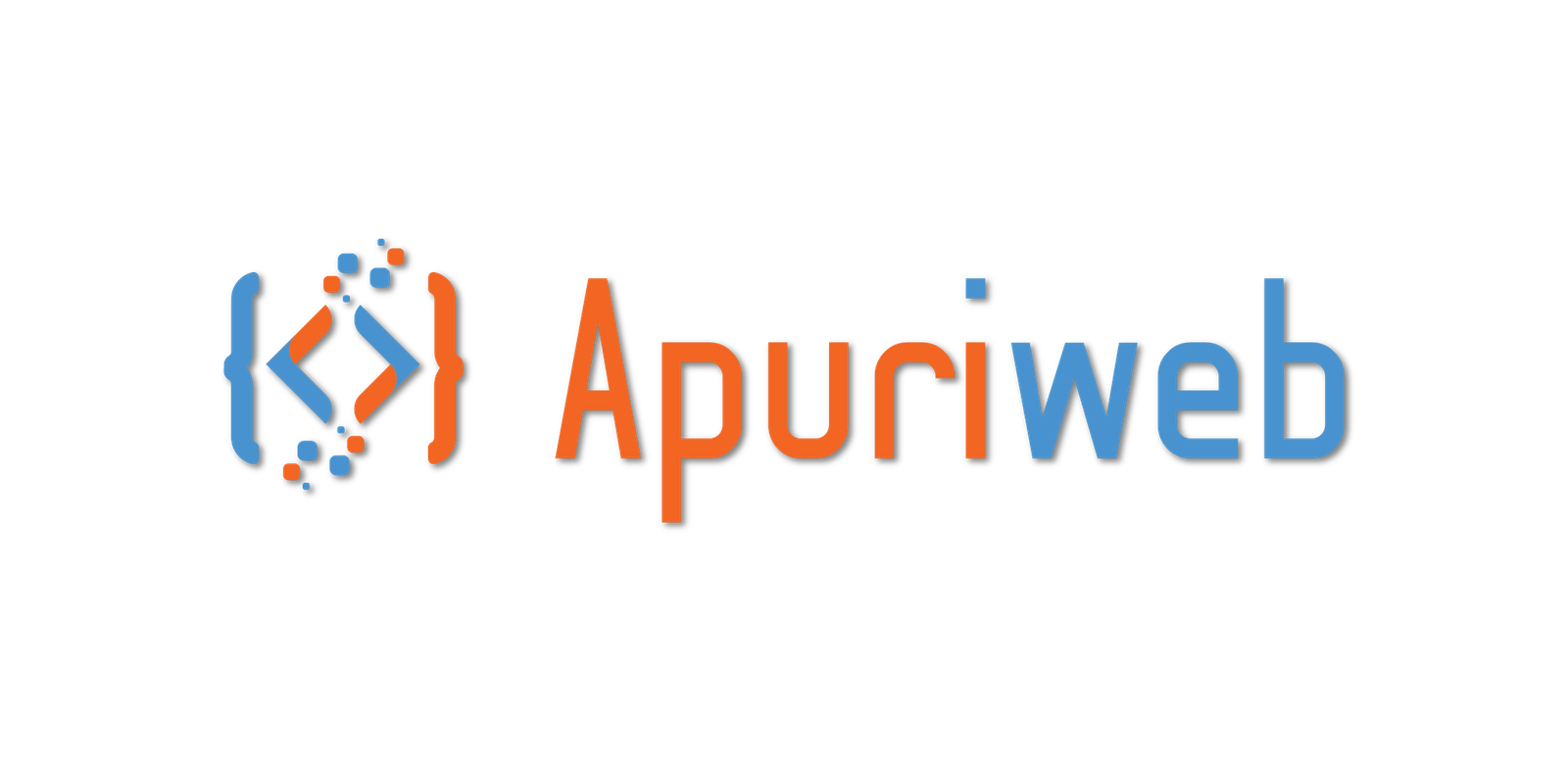
Selecting the right platform for mobile app development depends on various factors, including your target audience, project requirements, budget, and development skills. Here are the two primary platforms and considerations for each:
iOS (Apple):
- Target Audience: If your target audience primarily uses iPhones and iPads.
- Revenue Model: iOS users are often more willing to pay for apps. If your monetization strategy involves selling the app or in-app purchases, iOS might be favorable.
- Development Language: iOS apps are typically developed using Swift or Objective-C. If your development team is proficient in these languages, iOS development may be a good fit.
- App Store Approval Process: Keep in mind that iOS apps go through a rigorous App Store approval process, which can affect the time it takes to release updates.
Android (Google):
- Wider Market Share: Android has a larger market share globally. If reaching a broader audience is a priority, Android might be a better choice.
- Open Source: Android is an open-source platform, making it more customizable. If you need extensive customization or integration with the system, Android provides more flexibility.
- Development Language: Android apps are typically developed using Java or Kotlin. If your development team is more comfortable with these languages, Android development might be preferable.
- App Distribution: The Google Play Store has a less strict app submission process compared to the Apple App Store.
Cross-Platform (React Native, Flutter, Xamarin):
- Cost Efficiency: Developing a cross-platform app can be more cost-effective as you can use a single codebase for both iOS and Android.
- Faster Development: Cross-platform frameworks often allow for faster development and easier maintenance.
- Uniform User Experience: If maintaining a consistent user experience across platforms is crucial, cross-platform development might be a good choice.
- Skill Set: If your development team is proficient in web technologies (JavaScript for React Native, Dart for Flutter), cross-platform development could be a natural fit.
Progressive Web Apps (PWAs):
- Web Compatibility: If you want your app to be accessible through web browsers as well, PWAs offer a hybrid solution.
- Cost-Effective: PWAs can be more cost-effective and have a quicker development cycle compared to native apps.
- Offline Functionality: PWAs can offer offline functionality and a more seamless user experience, especially on mobile browsers.
Ultimately, the choice depends on your specific project requirements and business goals. Some projects may benefit from targeting both iOS and Android, while others may find success with a cross-platform or web-based approach. Consider your target audience, budget, development resources, and the features your app requires before making a decision.
